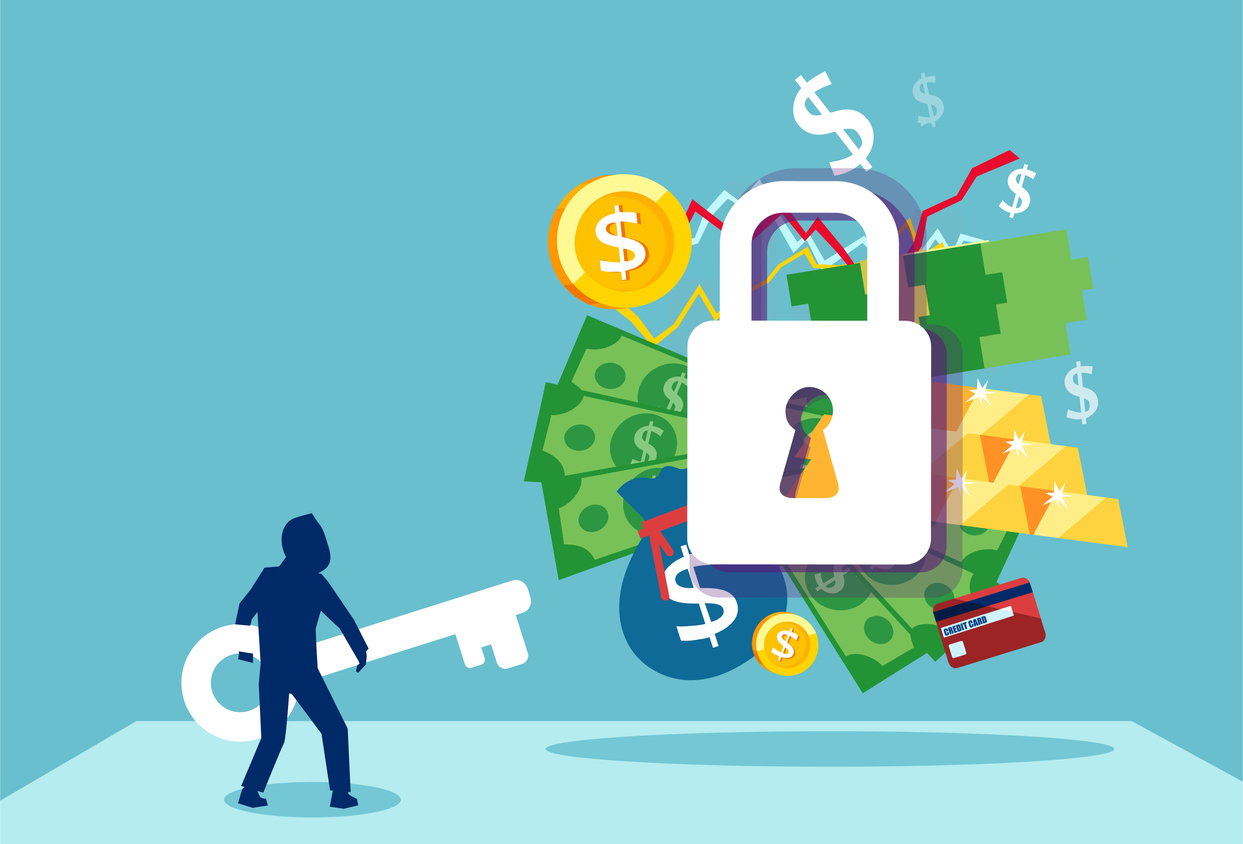Banking scams involve attempts to access your bank account or personal information, putting you at risk. To help you protect yourself, we’ve put together this bank scam information to help you recognize and protect yourself from today’s most common banking scams.
Knowing the Types & Signs of Common Banking Scams
Overpayment Scams: A scammer will send you a counterfeit (or fake) check for more than the amount owed in an overpayment scam. The scammer will then tell you to deposit the check into your account and wire the difference of the overpayment back to them. As the check is counterfeit, the money paid to them can be taken directly from your account. You may also owe the bank a returned check fee, lose the funds you wired and any product you may have shipped.
Unsolicited Check Fraud: Surprise checks are always lovely, even if they are only for a small amount. However, an unsolicited check of this nature is more than likely a scam. If you cash it, you may be authorizing the purchase of items or signing up for a loan you didn’t intend to. Many also do not know, but you are signing a legally binding contract when you are signing a check. By singing that surprise check, you may have unknowingly signed up for a program membership or switched phone providers. When you go to cancel, it can become problematic because many of these memberships or agreements have short cancellation rights periods, and the monthly fee may be much more than the small amount you originally cashed or deposited.
Automatic Withdrawal Scams: Automatic withdrawals are an excellent tool for banking, but scammers may use them for other reasons. Scammers target this tool by sending a postcard or calling regarding a special deal or a prize you’ve won with the end goal of this being to get you to read the numbers of your personal checks to verify that you qualify for the offer. Once they have your bank and checking information, the scammer will put it on demand draft, which is processed like a check but doesn’t require a signature. The bank will then transfer the money from your checking account to pay the scammer. This can slip under the radar without paying attention to daily bank transactions, only to be noticed much later.
Phishing Scams: In a phishing scam, you may receive a text or email meant to trick you into giving out your personal information. This information may include passwords, account numbers, and more with an overall goal of gaining access to your personal accounts, such as email, banking, or other financial accounts. Phishing scams are among the most popular scams because of the accessibility of reaching people through emails and text messages. These emails and texts can appear to be sent from trusted companies you already know in hopes that you will click a link that will typically involve confirming personal information. In some cases, these messages may also claim there is suspicious activity on a personal account as a way of collecting your information.
Avoiding a Banking Scam Do’s & Don’ts
DO:
- Choose your online banking account passwords carefully, make sure they are not too weak, and DO NOT share them.
- Be suspicious if you are told to wire a portion of funds from a check you received back to a company.
- Be wary of lotteries or free trials that ask for your bank account number or personal information.
- Verify the authenticity of a cashier’s check with the bank that it is drawn on before depositing it into your account.
- When you receive questionable email or text requests for personal information, verify the sender’s request by contacting the bank or organization’s published contact information. Banks and other financial institutions rarely request personal information this way.
- When verifying a check or the issuer, use the contact information on a bank’s website.
DON’T:
- Respond to phone calls or messages about your computer asking for remote access.
- Trust the appearance of checks or money orders. They can be made to look legitimate and official.
- Deposit checks or money orders from strangers or companies you don’t have a relationship with or are not expecting to receive.
- Wire money to people or companies you don’t know and never intended to do business with.
- Give your bank account number or information to someone who calls you, even for verification purposes.
- Click on links in an email or text to verify your bank account or other personal information.
- Accept a check that includes an overpayment. Return it to the sender and request the correct amount (when applicable).
If you think you may have fallen victim to any of these banking scams or other consumer scams, be sure to contact your financial institution. And if you’re looking for a financial institution that is here to assist should you encounter a banking scam, choose Mechanics Cooperative Bank.
{{cta(‘36364d8b-197e-4597-b02e-ce165efcf9d5′,’justifycenter’)}}





